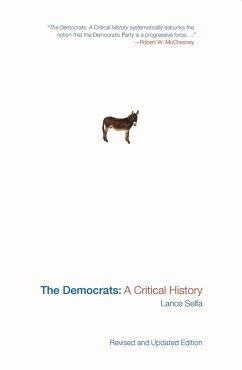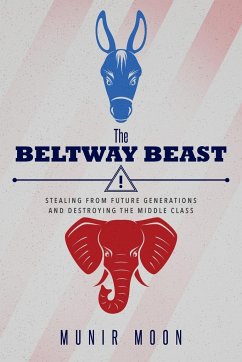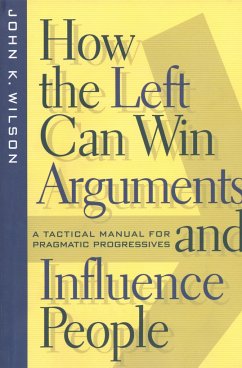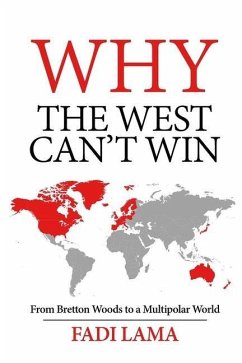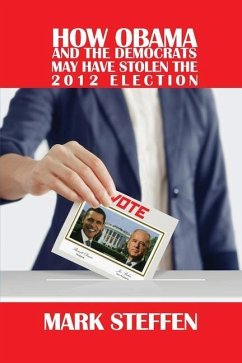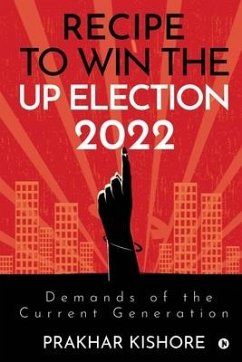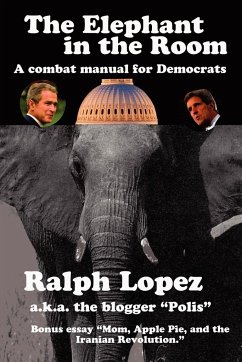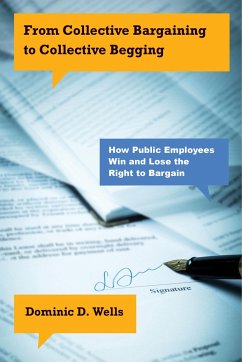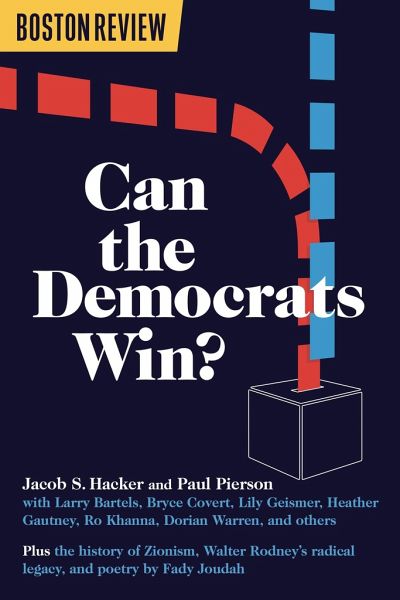
Can the Democrats Win?
Versandkostenfrei!
Versandfertig in über 4 Wochen
15,99 €
inkl. MwSt.

PAYBACK Punkte
8 °P sammeln!
For decades, center-left parties in the West have been moving right on economic issues. They have also become less oriented to the working class, growing their support among the affluent and highly educated--what economist Thomas Piketty has dubbed the "Brahmin Left." Until recently, the U.S. Democratic Party has been no exception--leading to accusations, from both left and right, that it engages in culture wars at the expense of economics. In this issue, political scientists Jacob S. Hacker and Paul Pierson say that trend is over: the Democrats have decisively broken with the politics of Bill...
For decades, center-left parties in the West have been moving right on economic issues. They have also become less oriented to the working class, growing their support among the affluent and highly educated--what economist Thomas Piketty has dubbed the "Brahmin Left." Until recently, the U.S. Democratic Party has been no exception--leading to accusations, from both left and right, that it engages in culture wars at the expense of economics. In this issue, political scientists Jacob S. Hacker and Paul Pierson say that trend is over: the Democrats have decisively broken with the politics of Bill Clinton and Barack Obama. What explains the Democrats' "U-turn" on economics, despite their growing reliance on affluent suburban voters? Can it work--as both an economic project and a way of building power? And what does this transformation mean for the future of the party--and a nation facing down democratic crisis? Hacker and Pierson lead a forum with responses from Jared Abbott, Larry Bartels, Bryce Covert, Ted Fertik & Tim Sahay, Heather Gautney, Lily Geismer, Representative Ro Khanna, and Dorian Warren & Thomas Ogorzalek. Elsewhere in the issue, Barnett R. Rubin examines the relationship between Zionism and colonialism--and what it means (and doesn't mean) for a political solution in Israel and Palestine. We talk with Palestinian-American poet Fady Joudah and feature two poems he wrote after October 7. Plus essays on Walter Rodney's radical legacy, geopolitics amid war in Gaza, and more.--Publisher's website.



